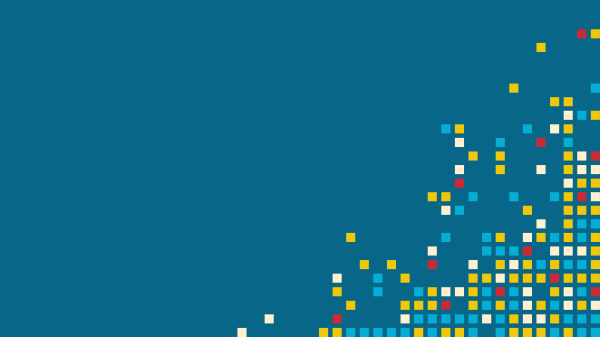Thank You for Downloading
Your download is complete—head to your Downloads folder to explore the insights.

Community health workers (CHWs) are a vital yet oft-overlooked aspect of public health systems, providing a crucial link between front-line communities and formal healthcare systems. The pandemic highlighted the importance of CHWs, whose focus on the delivery of prevention and treatment-related care often makes the difference between underserved populations accessing care or not. Leveraging their position as a trusted intermediary, CHWs also facilitated uptake in vaccinations through a focus on safety and efficacy. These efforts also have a demonstrable economic benefit, with studies suggesting that for every $1 invested in CHWs in the United States, approximately $11 is saved in longer-terms costs. Under-investment in training and education of CHWs persist, with the World Health Organization estimating that 10 million more health workers are needed worldwide by 2030. What more can be done to ensure that investments made in CHWs over the course of the pandemic are reinforced? What new investments may be needed? This discussion will explore the multifaceted contributions of CHWs in improving access to health care, enhancing health outcomes, promoting community engagement, and achieving health equity.